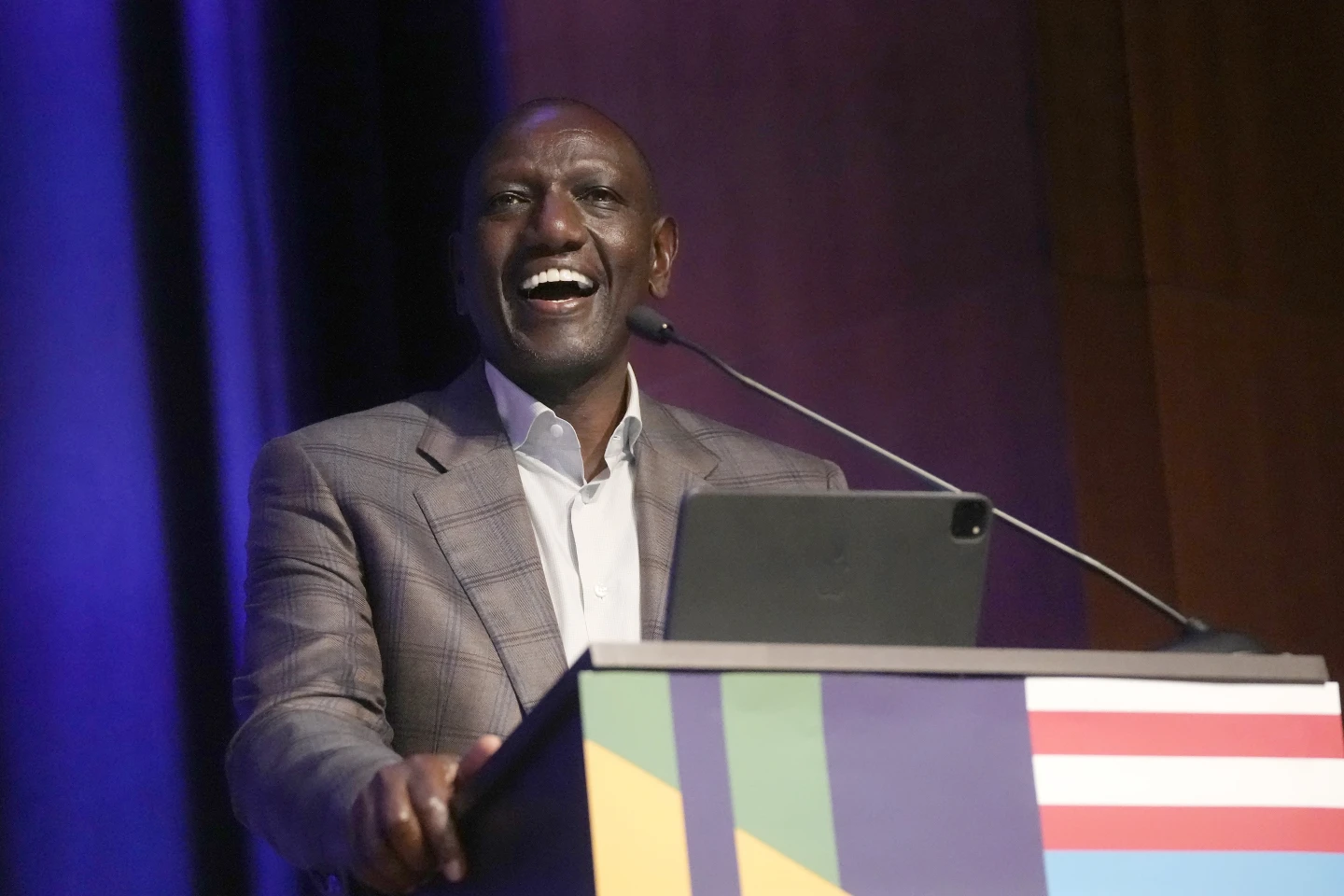Amidst a climate of growing economic tension, Kenyan citizens are casting a critical eye on President William Ruto’s recent tax reforms. Since his election in August 2022, President Ruto has been humorously likened to the biblical figure Zacchaeus, known as Zakayo in Swahili. In Christian texts, Zacchaeus is depicted as a greedy tax collector, a metaphor increasingly used to describe Ruto’s financial policies.
Contradicting his campaign promises to support the struggling ‘hustlers,’ Ruto has implemented and increased various taxes. He defended these measures during his Independence Day speech on December 12, emphasizing their role in reducing government borrowing and addressing the national debt, which has soared to 10 trillion shillings (about $65 billion).
The Kenyan public’s reaction to these tax hikes has been one of frustration and discontent, especially in light of the rising cost of living. Many believe these measures are funding government extravagance rather than improving public services. This sentiment is bolstered by independent reports highlighting ‘wasteful’ spending by the government, particularly on travel.
Despite the backlash, President Ruto seems undeterred, even playfully suggesting a ‘tax collector day’ in response to his nickname. Yet for many Kenyans, the reality is far from light-hearted. The Federation of Kenyan Employers reports significant job losses in the private sector, with further downsizing a possibility.
Contrary to these reports, the government claims there has been no net job loss under Ruto’s administration, citing the creation of public sector jobs and opportunities for work abroad. However, this has done little to mollify the concerns of the business community, which criticizes the government’s alleged indifference to their difficulties.
The Kenya Revenue Authority (KRA) has intensified its tax collection efforts, deploying a specially trained unit to enforce compliance. This move has instilled fear among business owners, as illustrated by the experiences of individuals like Mike Muriuki, a director of an LPG gas cylinder distribution company. He describes the overwhelming pressure and borderline harassment faced by businesses under the new tax regime.
In response to these pressures, there’s been a shift toward informal business practices, with many opting for cash transactions and personal mobile money accounts to avoid taxes. Although not fully reflected in official statistics, this trend indicates an increasing move towards the informal economy.
The government’s tax policies have extended to various sectors, including a 100% increase in fuel taxes, significantly impacting the public’s financial capacity and leading to street protests.
The tourism industry, crucial to Kenya’s economy, is also feeling the pinch. Entrepreneurs in this sector speak of reduced business due to higher taxes and a declining Kenyan shilling, making planning difficult. The increased entrance fees to parks have further strained the industry, causing concern that Kenya’s tourism market is becoming less competitive compared to neighboring countries.
However, the government remains optimistic about the tourism sector, citing policies like visa requirement removals as steps towards boosting international tourist numbers.
Amid these challenging economic conditions, the question on many Kenyans’ minds is whether President Ruto will adjust his fiscal policies in the face of public dissatisfaction, offering relief to a nation grappling with economic hardships.






